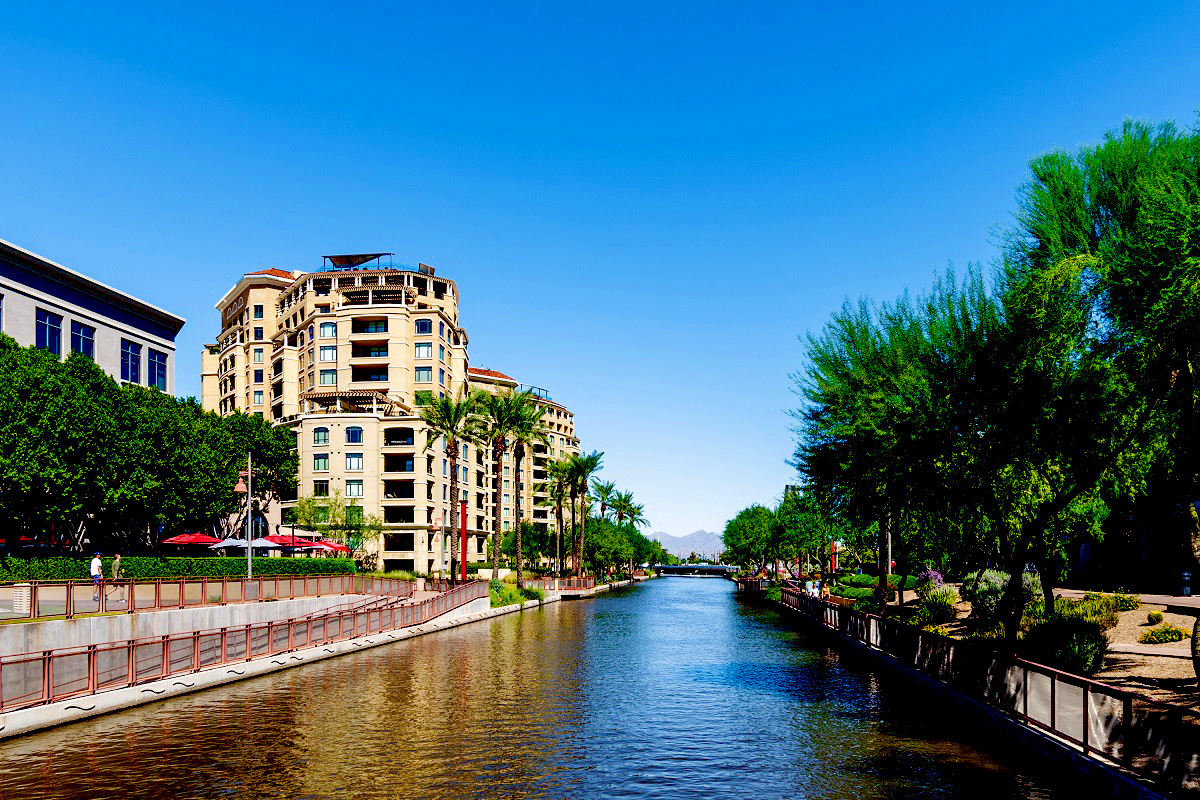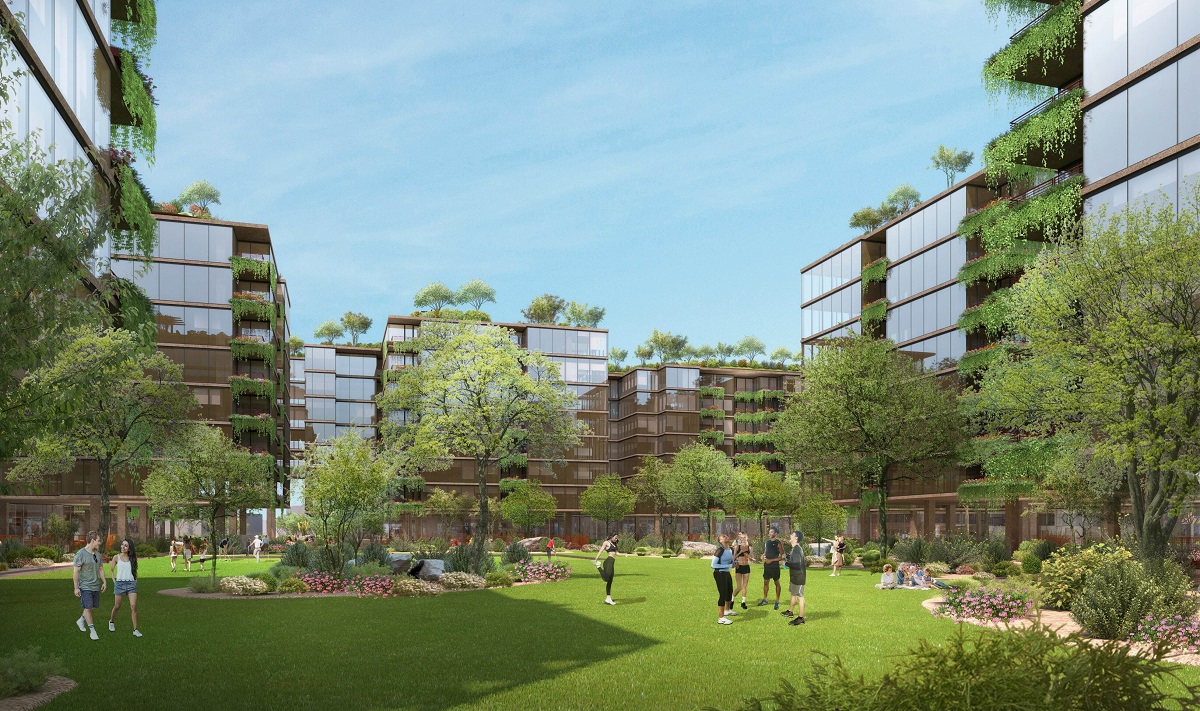Arizona Reevaluates Groundwater Use Amid Rapid Development
Groundwater Depletion In AZ
The state of Arizona is facing a challenge of importance: managing its water resources amidst rapid development. Recent developments regarding groundwater allocation and certifications for new developments have the potential to dramatically change the landscape of development within the Greater Phoenix area. What is interesting, is that with today's news, the cities of Tempe and Scottsdale may see more high-density construction. As an example, Optima McDowell Mountain Village plans to be net water neutral to the city of Scottsdale for its first 10 years. Is this type of construction the future of the valley?
Groundwater Depletion & Its Implications
With the growing concerns around groundwater depletion, intensified by overuse and climate change-induced drought, Arizona state has taken a significant step:
- The state halts granting certifications for new developments in the Phoenix area
- Rapid groundwater depletion poses a critical threat
- The groundwater supporting Phoenix is unlikely to meet future demand
According to recent studies, nearly 4.9 million acre-feet, or about 4% of the area's demand for groundwater, cannot be fulfilled under the current conditions over the next century. This situation is bound to have far-reaching implications, particularly for housing developments in the rapidly growing Phoenix Metro area.

The Central Arizona Project (CAP) Is A 336-mile System Of Aqueducts, Pumping Plants, & Pipelines
State Response & Future Developments
In response to the crisis, the state has implemented stringent rules to ensure sustainable water use:
- Future developers required to prove a 100-year "assured water supply"
- Existing approved developments remain unaffected
- New regulations will likely alter growth rate in the Phoenix area
With these changes, it's expected that developers might face challenges constructing on raw desert lands, potentially leading to a shift in focus towards larger, established cities.
A Historical Look At Arizona's Water Management
Arizona's water management efforts stem from the need to navigate an arid climate with few natural water sources. Its water strategy has evolved over the years to accommodate a growing population and economic development.
- Main water sources include groundwater, surface water, and effluent (treated wastewater)
- The Central Arizona Project, a significant feat of engineering, transports Colorado River water across the state
- Challenges include an increasingly arid climate and the stress of rapid urban development
Industrial & Manufacturing Sector
While the residential sector navigates these changes, the industrial sector is expected to continue its operations:
- Industrial and manufacturing water usage anticipated to continue
- Developers urged to find sustainable water sources or build elsewhere
Also Read: Things To Know About Arizona

Will High-Density, Eco-Friendly Projects Such As Optima McDowell Mountain Village Become More Common?
Potential Solutions: Desalination & Its Challenges
As traditional water sources become strained, Arizona is exploring new technologies and strategies to meet its water needs, with desalination being one of them.
- Desalination removes salt and impurities from seawater or brackish water, making it suitable for human use
- While desalination offers a virtually unlimited supply of water, it is energy-intensive and can be costly
- Environmental concerns include disposal of byproduct brine, which is highly concentrated
- Despite challenges, desalination has found success in places like Israel and could hold potential for desalinating Arizona's brackish groundwater
Strategies & Challenges Ahead
Faced with this predicament, Arizona is looking at potential solutions, some of which have been endorsed by elected officials:
- Creation of new water supplies through desalination, despite high costs
- Groundwater regulation in rural areas to halt unlimited water use
- Consideration of groundwater as a "savings account" for desert dwellers
A Future of Sustainable Development
In conclusion, these new regulations and findings present a crucial juncture for developers and policymakers alike. As we and other Southwest states grapple with water shortages and potential solutions, Williams Luxury Homes are paying attention tot the Arizona real estate market. As mentioned, what is interesting is if high-density projects such as Optima McDowell Mountain are the future of the valley. When you run out of space (or water), you build UP. And that is something The Valley has never done in any meaningful way.

















